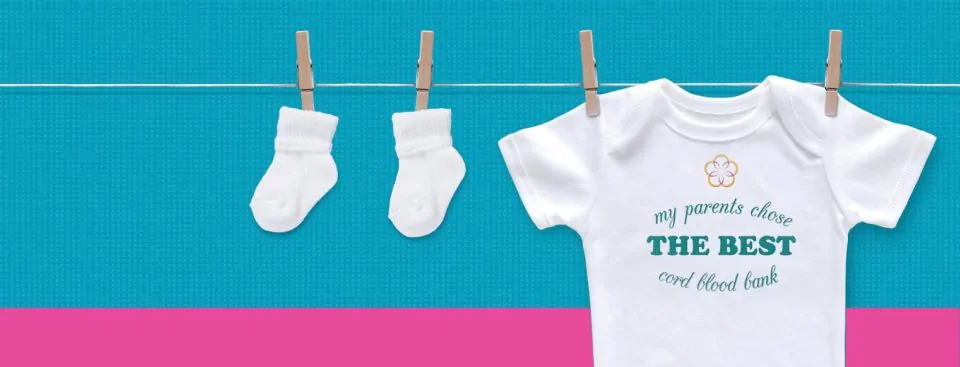This post may contain affiliate links. Read my disclosure policy here.
This is a sponsored post written for LifeBank USA by 5M4M Contributor Geri Chase. While Geri was compensated for this promotional post, her opinions and views are her own.
A few weeks ago we took a vacation and spent some time with a family friend who is 7 months pregnant. Eventually, after comparing notes about swollen feet and morning sickness, the conversation turned toward the worry mothers feel about our children remaining healthy and disease free after they are born. There are so many decisions to be made about how to best protect them!
Many parents are investing in their childrens’ future health through private cord blood banking. Because you only get one chance to save those stem cells once the baby is born, it’s important to know which cord blood bank will be the best for your family. As technological leaders in the field, LifebankUSA is the only company that offers cord blood banking, placenta blood banking and tissue banking – and the first to release placenta-derived stem cells for a successful transplant.
So why exactly would a person want to bank umbilical cord and placental blood? Both cord and placenta blood are rich in stem-cells. Stem cells can actually be used to replace other cells in the body that are abnormal or have been destroyed by diseases such as as leukemia, lymphoma, and myeloma. Collecting and preserving potentially lifesaving stem cells could one day save the life of your child or a blood relative.
LifebankUSA knows that each family situation is unique so it offers different options. You can choose to bank just cord blood or you can bank both cord and placental blood if you wish. Banking both doubles the number of segments preserved and increases the total number of stem cells available. According to LifebankUSA this is important for two reasons:
“First, transplanting more stem cells has been shown to increase the probability of transplant success and survival. Second, having multiple segments available may offer the potential to treat additional conditions that may affect your baby and/or other close family members (blood relatives).”
Of course as parents we pray that we never have to resort to such treatments to save our children. But wouldn’t it be somewhat of a relief to know that you have access to those valuable cells if they are ever needed? Choosing to bank your baby’s cord blood or placenta is a big decision. The bottom line is this: LifebankUSA is the only company that offers cord blood, placenta blood, and tissue banking — providing greater peace of mind for your child’s health.
If you are interested in learning more about cord blood banking, you can visit LifebankUSA’s Facebook page. Click on the Cord Blood 101 link for answers to questions you might have about the process. And after you’ve learned all there is to know about cord blood banking, be sure to enter Lifebank USA’s “Time to Relax” contest. You could win a $200 SpaFinder gift Card!
Your turn
Have you ever banked cord blood? What was your experience with it?
Geri Chase is mom to 2 hilarious boys and wife to an insanely funny husband, all of whom like to remind her that the fact that she is a girl does not give her immunity from their testosterone induced humor. While she pretends not to be amused, she secretly laughs herself silly over their antics and frequently blogs about life and family friendly products over at I Am Boymom.












Ned says
Only after a really close friend of mine was diagnosed with Leukemia i realized the importance of storing cord blood. It is really expensive but a wise investment i guess.
Bonnie Way says
We haven’t done it with any of our girls but I’ve thought about it. So far all three of them have been healthy, and my husband and I are generally healthy (no allergies, no family history of disease) but there are always unexpected things. However, at this point, cord blood banking seems expensive.
Andrea says
My husband and I didn’t store the cord blood for either of our boys, but if I had it to do over again, I would have. There’s just too many diseases out there nowadays and cord blood is a valuable piece of insurance that can help cure them, so why not store it? I really wish we would have done this…